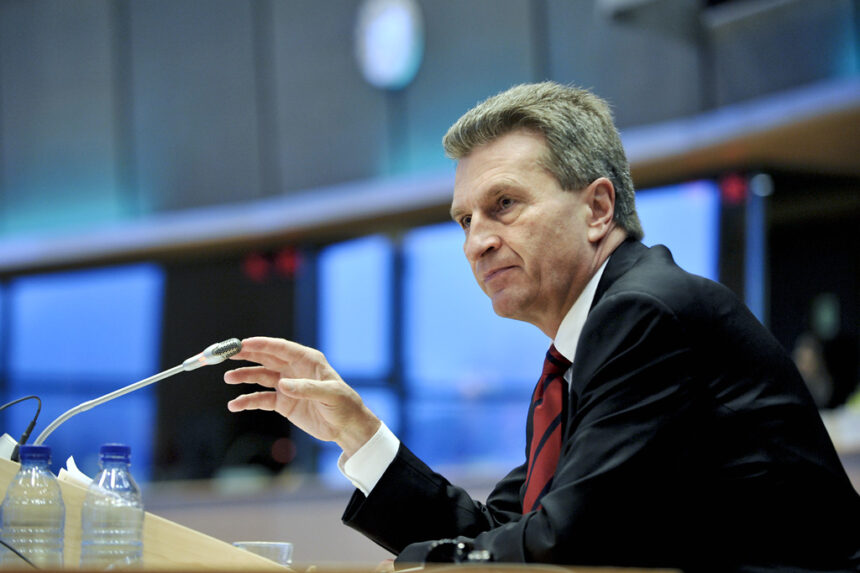Igor Sechin is the head of Rosneft, the largest Russian oil company. He said that the Organization of Petroleum Exporting Countries’ and its allies’ decisions to cut crude oil production in 2016 and by 2020 has helped the US to become one of the world’s leading energy producers.
Sechin said, at a conference in the United Arab Emirates that Russia and its allies have contributed the most to stabilising the global energy markets in the last 10 years.
Sechin is a close ally to Russian President Vladimir Putin and had expressed scepticism in the past about Russia’s ties to OPEC.
According to him, the US benefited the most from the agreement reached between Russia and OPEC back in 2016.
Stabilisation of energy markets by Russia and its partners
Sechin, according to a Reuters report said that Russia’s partners and Sechin himself had helped stabilize energy markets around the world.
Reuters quoted Sechin saying:
The US shale oil industry was significantly benefited by the OPEC+ decision to stabilize the oil markets in 2016 and 2020.
The poor growth of demand in China has undermined OPEC’s and Russia’s efforts this year to stabilize the oil market, and maintain prices.
China’s economy has been slow, and this has affected the oil imports. It is China’s largest oil importer.
According to the International Energy Agency, oil consumption worldwide will likely be lower than 1 million barrels a day in 2020 as supplies are expected to exceed demand.
IEA also stated that non-OPEC production of oil is expected to rise sharply in the coming year. This would be responsible for a large part of supply growth.
Next year, production in the US will likely increase.
Trump’s policy to increase US oil and natural gas production
Donald Trump, President-elect of the United States, is also in favor of increased oil and gas production.
Trump will likely rollback climate regulations and permit oil and gas drilling on federally owned lands and off the US coast.
It is likely that he will also approve a broad-based plan to increase the production of the oil and gas industry in the long to medium term.
In such circumstances, it is likely that the US will increase its oil production, further reducing market shares for Russia and OPEC+.
OPEC+ meeting in focus
Later on Thursday, the cartel and its allies including Russia will discuss policy for production starting in January via videoconference.
There are fears of an oversupply in the coming year, so experts suggest that there is no other option for the cartel than to continue its voluntary steep production cuts.
Production cuts will expire December 31, 2019.
Commerzbank AG reports that OPEC+ could extend the output reductions until March of next year.
Analysts said that the increase in the price of oil may not be as large because the extension costs have already been factored into the prices.
The post OPEC’s output cuts decisions helped US become the top energy exporter: Rosneft chief may be updated as new developments unfold.






